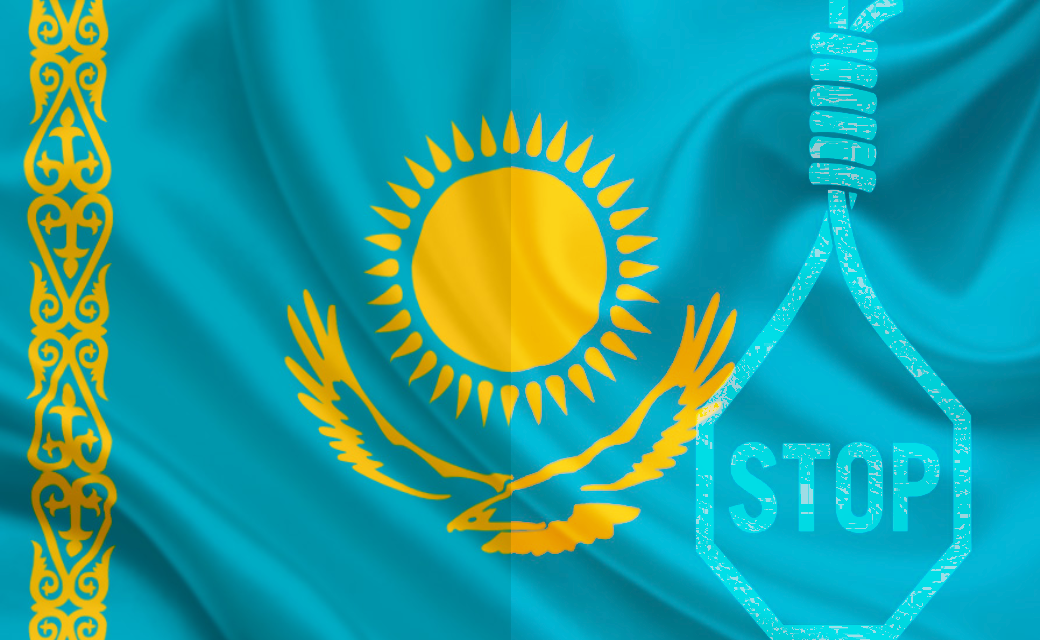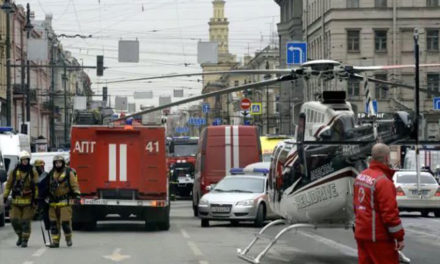Kazakhstan Abolishing the Death Penalty
President Qasym-Zhomart Toqaev had signed off on abolishing the death penalty in Kazakhstan. Executions were paused in Kazakhstan from 2003 but courts continued to sentence convicts to death in exceptional circumstances, including for crimes deemed acts of terror. Ruslan Kulekbayev, a lone gunman who killed eight policemen and two civilians during a rampage in Kazakhstan’s largest city Almaty in 2016, was among the convicts set to be executed if the moratorium were lifted. Kulekbayev will serve a life sentence in jail instead.
The International Covenant on Civil and Political Rights was adopted in 1966, entered into force in 1976, and 173 states acceded to it. The Second Optional Protocol to it, aimed at the abolition of the death penalty, was adopted on December 15, 1989, and came into force in 1991. Kazakhstan’s parliament ratified the protocol on December 29. Apart from Kazakhstan, 88 other nations are members of the agreement. Ruslan Kulikbaev had been the only person on death row in Kazakhstan. He will now serve a life sentence in prison. we believe there should be alternatives to life in prison punishment as it is costly to maintain prisons and also takes away the chance and hope for an individual to change and have a second chance. There should be programs where a prisoner in who is serving life sentence can take self initiatives to undergo and rehabilitate. Although it may take years to overcome a terrorist’s ill mentality, in cases where death penalty and life sentence is due to terrorism but the outcome is better for that person and the society.
Kazakh President Qasym-Zhomart Toqaev had signed off on parliamentary ratification of the Second Optional Protocol to the International Covenant on Civil and Political Rights – a document that obligates signatories to abolish the death penalty. The Second Optional Protocol to the International Covenant on Civil and Political Rights, aiming at the abolition of the death penalty is a side agreement to the International Covenant on Civil and Political Rights. It was created on 15 December 1989 and entered into force on 11 July 1991.
We congratulate Kazakhstan and thank President Qasym-Zhomart Toqaev for taking a positive step forward and encourage other countries to ratify the Second Optional Protocol to the International Covenant on Civil and Political Rights. The Death Penalty gives the power to end a human’s life to the government where the crime has been committed, and as the history has witnessed there have been hundreds of wrongful convictions in the world, and number of cases have been solved after the wrongfully accused person has already be hung.















